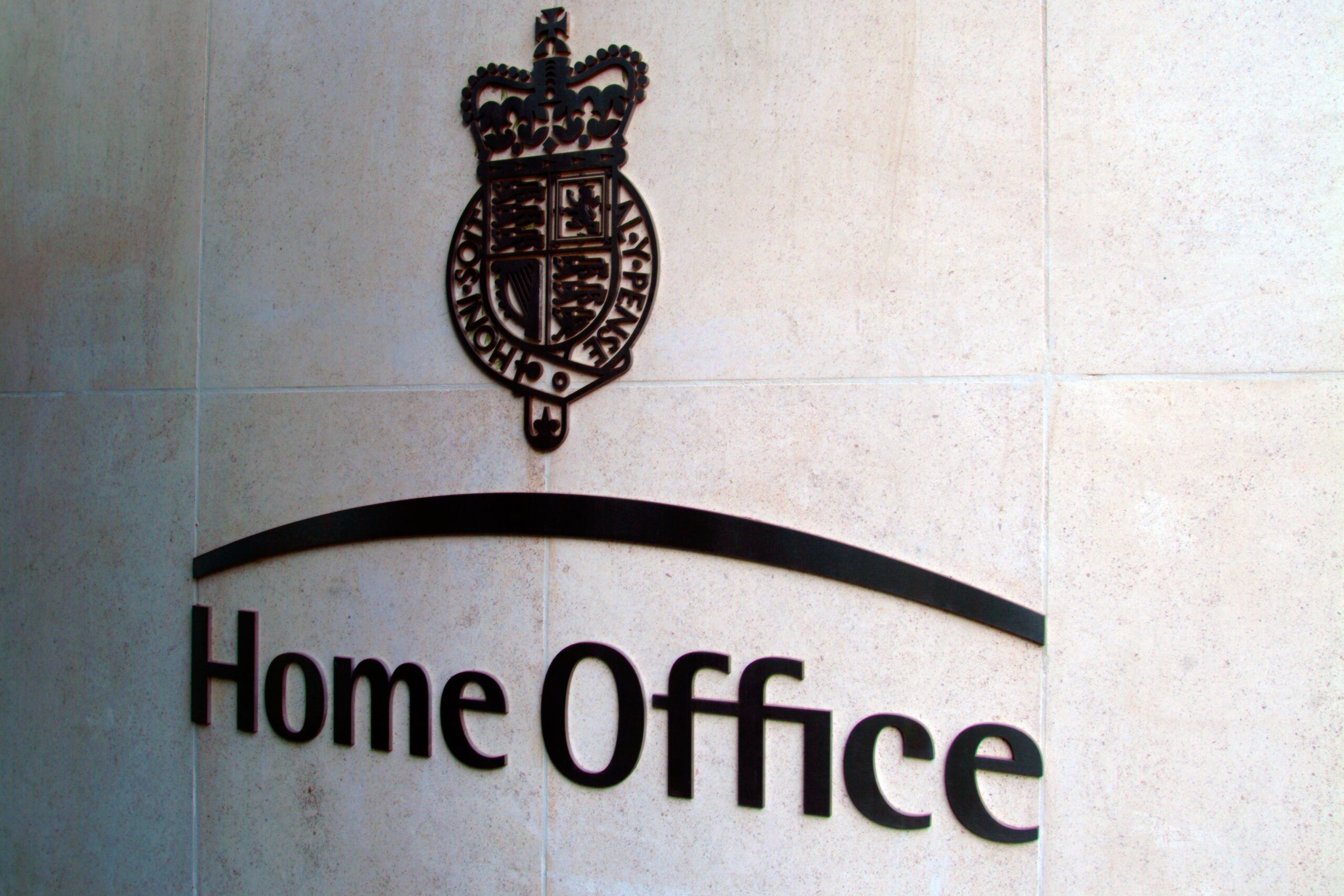Babies and toddlers have been referred to the government’s anti-terror scheme Prevent on hundreds of occasions since 2016, with infants under the age of one referred 45 times.
A Freedom of Information request submitted by Hyphen to the Home Office revealed that children aged between two to five were referred a further 500 times between 2016-27 to 2023-24.
Nearly half (46 per cent) of the Prevent referrals for children under the age of 10 during this period were for “Islamist” concerns, with the figure jumping to 70 per cent for under three-year-olds.
Prevent is one of the four strands of the national counterterrorism strategy Contest, which aims at identifying individuals at risk of being drawn into terrorism and offers them support to steer them away from extremism.

Overall, the scheme has received 2,989 referrals of concern regarding under 10-year-olds, with 1,390 of these being “Islamist” concerns.
The human rights charity Rights and Security International had raised concerns in January that the personal data of those referred was remaining in other databases indefinitely, even after being deleted from the Prevent database after six years.
They argued that this was “risking real long-term impacts on the person referred, including children who have since become adults”.
In response to the findings, former Labour leader Jeremy Corbyn told Hyphen it was “shocking, saddening and utterly farcical” that babies and toddlers have been referred to Prevent.
He added: “These latest revelations expose how certain communities are criminalised for simply existing – to the point where even babies and toddlers are stereotyped and labelled as extremists.”
Independent MP Ayoub Khan said he would be writing to the Home Office to raise his concerns over our findings. Mr Khan said: “I am deeply concerned by reports that babies and toddlers have been referred to the government’s Prevent counterterrorism scheme.
“If accurate, this raises serious questions about how public funds are being used and whether such actions are proportionate, necessary, or in the best interests of children and their families.

“Referring infants and very young children, who clearly cannot pose a threat, risks undermining public confidence in Prevent and may contribute to the marginalisation of innocent communities.”
Last week, the Home Office released updated figures showing a record number of referrals since data began in 2015.
There were 8,778 referrals of individuals to the anti-extremism scheme in 2024/25 – up 27 per cent from 6,922 in the previous year.
The figures come as counterterrorism officials said earlier this week there has been a significant increase in referrals since the Southport murders at a children’s dance class in July 2024.
Southport attacker Axel Rudakubana was referred to Prevent three times, but his case was closed due to a lack of distinct ideology.
Following initial screening and assessment, Prevent referrals who are deemed at risk of radicalisation may be passed to a multi-agency “Channel panel”.
Chaired by local authorities, these panels determine the extent of a person’s susceptibility to radicalisation and whether a tailored package of support is necessary and proportionate to address the risk.
Individuals aged between 11 and 15 accounted for 39 per cent of all cases adopted as a Channel case.
